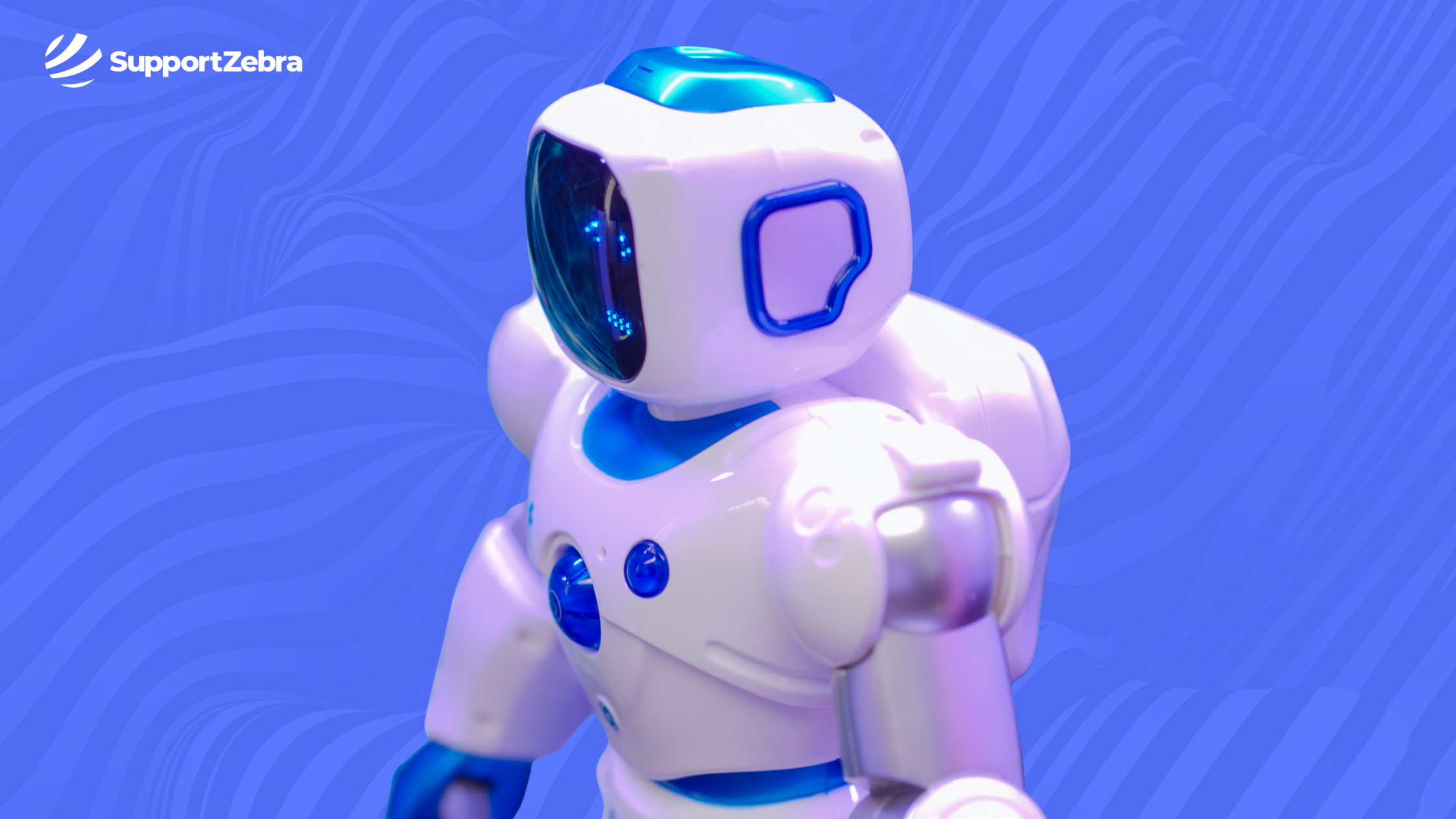Key Takeaways:
- AI in telemedicine helps the NHS reduce waiting times and improve access to care.
- Virtual consultations powered by AI make healthcare more efficient and personal.
- Predictive analytics help doctors act before conditions become severe.
- AI ensures cost-effective, round-the-clock patient support.
The NHS is under immense strain. You see it every day: overwhelmed staff, spiraling waiting lists, and a system pushed to its absolute limit. It’s a pressure cooker, and the human cost is becoming unbearable. Without a fundamental shift, this model is unsustainable. Care delays will worsen, staff burnout will intensify, and patient outcomes will be at risk.
But a seismic change is here. Artificial intelligence is no longer a future concept; it’s the critical tool for modernizing UK health services. AI-powered telemedicine offers the solution right now. It’s the key to creating a smarter, more responsive, and truly sustainable NHS for the future.
What Is AI in Telemedicine and How Does It Work?
AI in telemedicine uses machine learning, natural language processing, and predictive algorithms to enhance patient care. It combines data analysis with virtual communication tools to provide efficient healthcare remotely. Instead of waiting for in-person visits, patients can connect with doctors online, supported by AI systems that:
- Analyze symptoms in real time.
- Suggest possible diagnoses or next steps.
- Assist doctors with patient triage.
- Help manage prescriptions and follow-ups automatically.
This blend of automation and human expertise ensures patients get the right care faster while easing the workload on healthcare professionals.

How Is AI Reducing the Pressure on the NHS?
AI-driven telemedicine helps solve the NHS’s biggest challenges—from staffing shortages to long waiting lists. Instead of stretching limited human resources thin, AI streamlines repetitive and time-consuming tasks.
Here’s how it’s changing things:
- Automated scheduling: AI tools manage appointment bookings and reminders.
- Virtual triage: Patients can be prioritized based on urgency without overloading A&E departments.
- Faster diagnostics: AI algorithms analyze scans and test results in seconds.
- Remote monitoring: Wearables and sensors alert clinicians when patients need attention.
These improvements cut down unnecessary hospital visits and allow clinicians to focus on complex cases, creating a system that runs smarter, not harder.
Can AI Improve the Patient Experience in the UK?
Yes, dramatically. Patients benefit from quicker responses, more personalized treatment, and continuous support. AI doesn’t replace doctors—it empowers them to offer more patient-centered care.
Patients enjoy:
- Shorter waiting times for virtual consultations.
- 24/7 access to support through chatbots and remote monitoring tools.
- Tailored advice based on their health data.
- Reduced travel and stress, especially for those in rural areas.
This shift means patients feel heard, valued, and cared for—even when physical appointments aren’t possible.
What Are the Challenges of Using AI in UK Healthcare?
While the benefits are huge, challenges remain. Integrating AI into a massive public health system like the NHS takes time and care.
Key hurdles include:
- Data privacy concerns: Protecting patient information is vital.
- Integration issues: Legacy systems can be hard to upgrade.
- Training needs: Staff must learn how to use new AI tools effectively.
- Public trust: Some patients are still cautious about digital care.
Still, with the right partnerships and infrastructure, these barriers can be overcome. The goal isn’t to replace people—it’s to support them.
How Is AI Shaping the Future of UK Health Services?
The next decade will see AI deeply embedded in how the NHS operates. From predictive care to smart diagnostics, it’s already reshaping the landscape.
Future trends include:
- AI-driven predictive health models that prevent illness before it happens.
- Virtual wards where patients recover at home under digital supervision.
- AI-powered diagnostics that identify diseases earlier and more accurately.
- Seamless patient records shared securely across healthcare networks.
This isn’t just progress—it’s transformation. The NHS is moving from reactive to proactive care, supported by AI technology that never sleeps.
Why Choose SupportZebra for AI-Enhanced Healthcare Support?
As AI reshapes healthcare, managing the digital infrastructure behind it is critical. SupportZebra helps healthcare providers scale their telemedicine systems with expert outsourcing solutions.
Here’s how we support AI-driven healthcare:
- 24/7 patient assistance through live chat and technical support.
- Data management that keeps sensitive health information secure.
- Back-office support to handle administrative tasks efficiently.
- Custom AI integration support tailored to healthcare systems.
With SupportZebra, healthcare organizations gain more than just efficiency—they gain a trusted partner focused on patient satisfaction, data safety, and seamless digital transformation.

